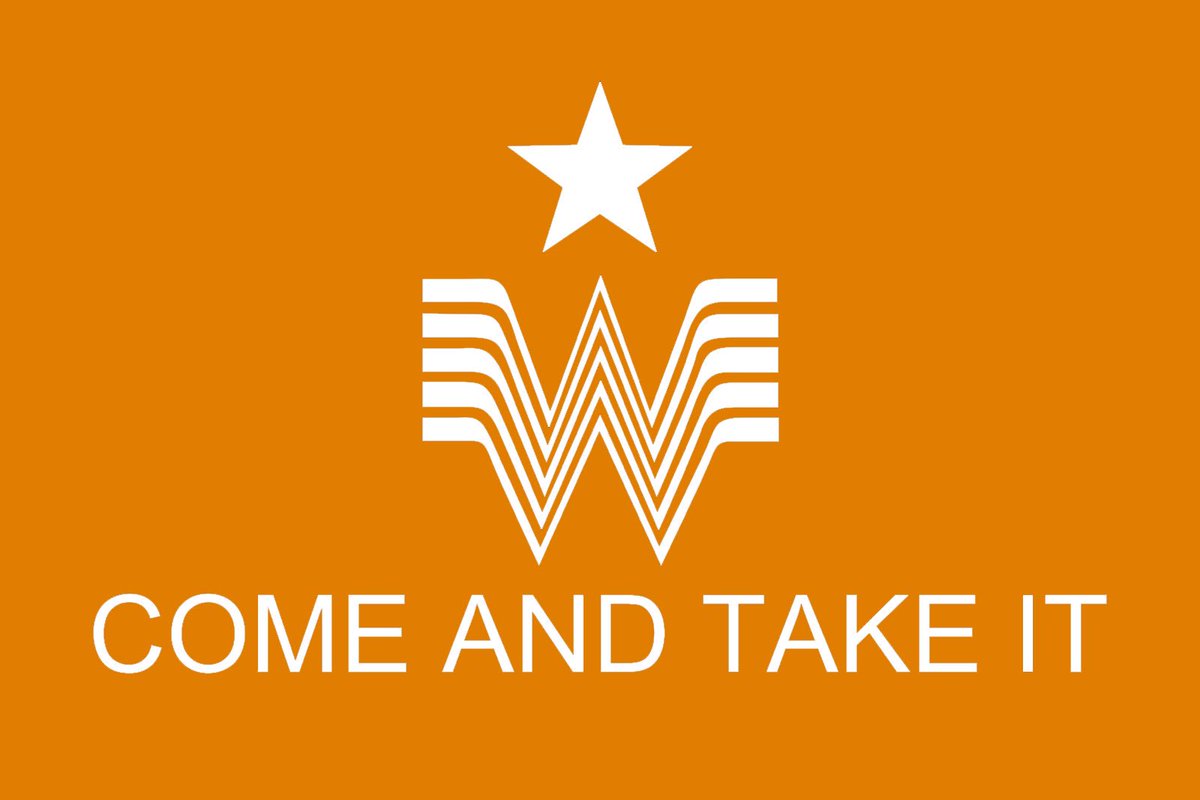 I love Whataburger. I could eat at Whataburger twice a day every day for weeks. I think I’ve done that a couple of times. They know me when I walk in. They know my order: Number One with cheese and everything on it and extra onions. Hot french fries and spicy ketchup. A big booth with my Texas Monthly or Sports Illustrated. That’s my happy place. It makes me feel good.
I love Whataburger. I could eat at Whataburger twice a day every day for weeks. I think I’ve done that a couple of times. They know me when I walk in. They know my order: Number One with cheese and everything on it and extra onions. Hot french fries and spicy ketchup. A big booth with my Texas Monthly or Sports Illustrated. That’s my happy place. It makes me feel good.
But it’s not good for me. In fact, it’s probably killing me. I know it. My doctor knows it. My whole family knows it. Whataburger is bad for me.
So Carrie-Anne lays down this law: No more Whataburger. Eat at Subway. Get a six-inch Black Forest Ham, no cheese and no chips. Get the apple slices. Now, that’s a good rule. That’s a good law. That commandment is holy, righteous, and good. If I eat at Subway, it’ll benefit me greatly. I’ll enjoy greater peace with my body and the freedom to tuck in more of my shirts.
But I’m here in the office and I’m doing meetings and I’m on the phone and answering emails and reading and planning and studying and it’s 12:30 and I’m starving. And I get in my truck and I drive south. When I get to the red light at Washington and I-40, I can go straight and Subway is right there on my left — I can see it from the light. Or I can turn right and Whataburger’s on Georgia Street.
If the light is green, I’ve got a better chance.
If the light is red…
“I do not understand what I do. For what I want to do I do not do; but what I hate, I do! I know that nothing good lives in me, that is, in my flesh. For I have the desire to do what is good, but I cannot carry it out. For what I do is not the good I want to do; no, the evil I do not want to do — this I keep on doing! So I find this law at work: When I want to do good, evil is right there with me.” ~Romans 7:15-21
I can’t keep the law because I’m human and because I’m hungry. That doesn’t mean the law is bad. It’s a good law! It means I’m bad and weak and faulty. And Carrie-Anne’s going to look it up online and see my Whataburger receipt before I can even get back to church. I know all this, but I do it anyway. The law is not bad — it’s just that the law cannot save me. No matter how good and righteous and holy the rules are, the rules can never save me.
“What a wretched man I am! Who will rescue me from this body of death? Thanks be to God — through Jesus Christ our Lord!” ~Romans 7:24-25
Christ Jesus is the way, the truth, and the life. This is the only way that works. And this is a big deal.
In Galatians 5, Paul says, “In Christ Jesus, neither circumcision nor uncircumcision has any value.” Well, if it doesn’t matter, why’s he making such a big deal about it? It’s the reason for the circumcision. If the Galatians go ahead with circumcision because of the pressure from the Judaizers, then they’ll be confessing by submitting to this ritual that Christ alone isn’t enough. They’ll be saying, yes, you have to become a Jew if you want to be a child of God. Circumcised Christians are better than uncircumcised Christians. They’re more right, they’re more saved. They’re a “cut” above the rest (sorry-bad Scot McKnight joke).
So Paul lays it out: This is the only way that works. If you allow yourself to be circumcised, “Christ will be of no value to you at all.” You’re severed from Christ, you’re alienated, separated from Christ, you have fallen from grace!
This isn’t just a minor ritual requirement that you do right alongside your trust in Jesus. This isn’t a both/and. This is a definite either/or. If you get circumcised as a way to salvation or even as part of the way of salvation, you’re committing yourself to that whole way. You’re putting your trust in that whole temple/synagogue system with the sacrifices and food laws and cleanliness codes — the whole way. Paul illustrates by reminding us that a little yeast, a little leaven, goes all the way through.
You give in on this one extra requirement, you add this one extra ritual as necessary, and you’ve added the whole way of works-based religion, the whole way of law-based salvation. And that way does not save. Christ alone is the only way that works.
I am a recovering legalist. A lot of us are recovering legalists. I was raised a certain way in Churches of Christ and I behaved a certain way for more than half my life.
Less than 20 years ago I was arguing with my friends against small groups. You can’t meet in homes on Sunday nights, that’s dividing the body. Seriously.
We were at a church years ago that was looking to hire its first-ever children’s minister and they put me on the search committee. At our very first meeting, the chairman said, “We need to talk about whether we’re going to consider female candidates.” I said, “Why do we need to talk about that?” He said to me, “Do you think we should consider a woman?” I answered, “Absolutely not — not for a paid ministry position!” He asked the guy next to me, “Do you think we should consider a woman for the children’s minister position?” He answered, “I think it has to be a woman!” And the chairman turned back to me and said, “That’s why we need to talk about it.”
Fifteen years ago we were at the Tulsa Workshop and they were doing some unity stuff with the Christian Churches and the Disciples of Christ. The speakers were dynamic, the worship was inspiring, people were being baptized, and we were standing together and singing on the floor of that huge coliseum. A guy behind me tapped me on the shoulder and said, “Man, isn’t this great?” And I replied, “Yeah, but I’m not sure about letting these denominations in here with us.”
That was me. I said those things. I believed those things. I behaved that way. Because I thought that’s what saved me! To paraphrase Paul in Galatians 1: I was extremely zealous for the traditions of my fathers. I thought my salvation and my righteous standing with God was connected to all that. But it’s not! Praise God! And we know that! We understand that! We’ve been freed from all that! Christ alone is the only way that works!
“It is for freedom that Christ has set us free. Stand firm, then, and do not let yourselves be burdened again by a yoke of slavery.” ~Galatians 5:1
Peace,
Allan
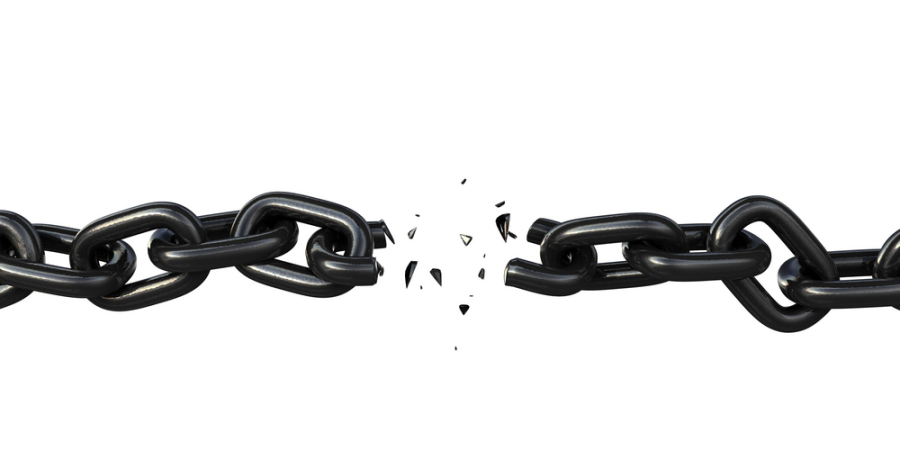


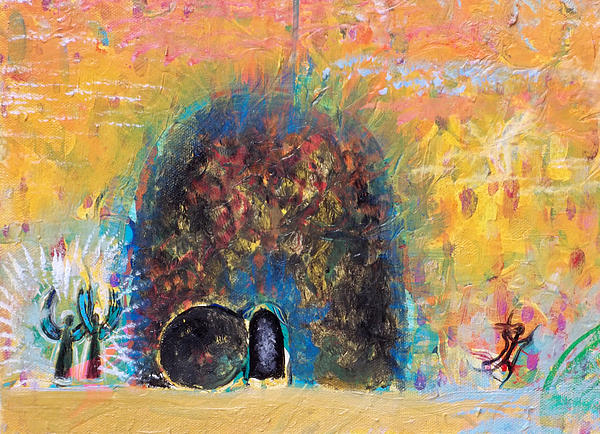
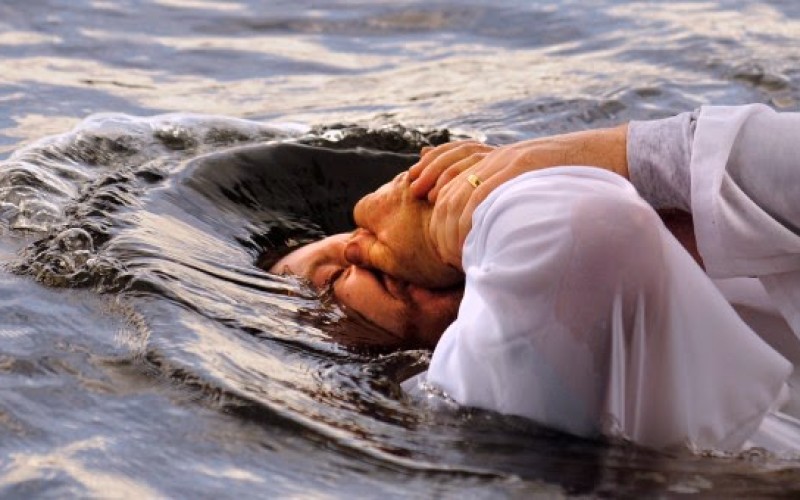
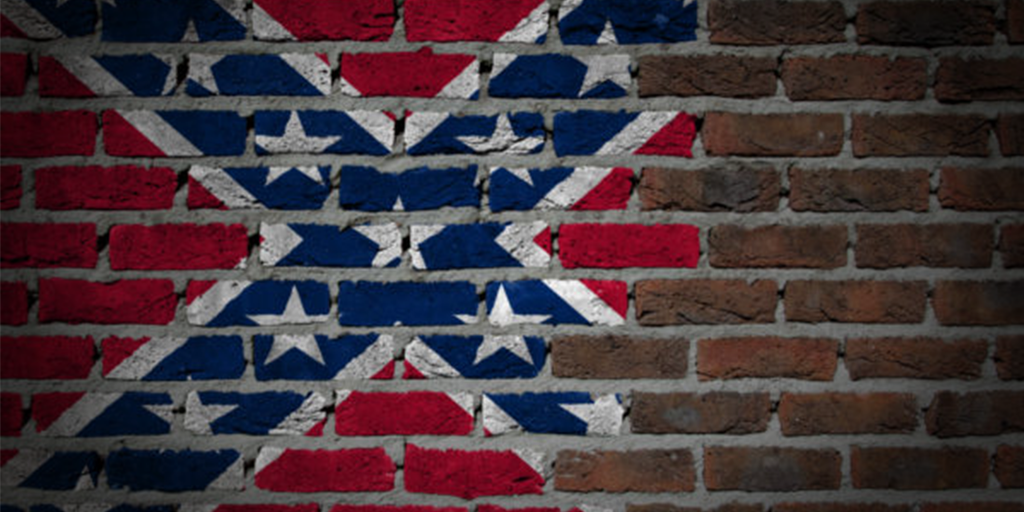
Recent Comments